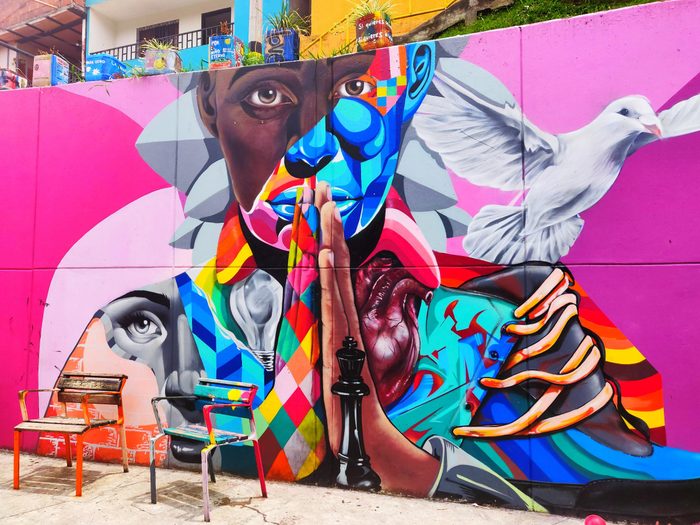Hello, I’m Jessica from The New Humanitarian, and welcome to the weekly peace and humanitarian newsletter in collaboration with Geneva Solutions.
Today we’re taking a look at polio and a final push to outsmart the disease. We’re also watching the continually delayed Afghan peace talks – which are raising more questions than answers.
And don’t forget to join us live at 5 p.m. today for a conversation between The New Humanitarian’s executive editor Josephine Schmidt and Geneva Solutions’ editorial director Serge Michel. You can find more information on how to watch us on our website. |
|
Peace & Humanitarian News
|
|

An Afghan man looks for his belongings after a heavy flood in Charikar city, Parwan province, Afghanistan, 26 August 2020. (Keystone / EPA / Jawad Jalali)
|
|
Floods and clashes cloud Afghan peace talks.
Afghanistan’s government claims to be on the verge of face-to-face Taliban peace talks – two months ahead of a planned Geneva meeting between Afghan officials and international donors. For civilians, however, conflict, coronavirus, and now flash floods continue to disrupt lives.
Geneva Solutions (EN)
|
|
Seeing ‘good’ in Mali’s coup.
Here’s why a military coup in Mali that raised alarm across West Africa and provoked gloomy headlines in Europe and North America is seen as a chance for progress by some analysts and citizens at home. In fact, a recent survey showed that over half of Malians prefer a combination of soldiers and civilians to lead the transitional government.
Bloomberg (EN)
|
|
No protection for Mexicans displaced by armed gangs and drug cartels.
Fighting among gangs and drug cartels has intensified since the beginning of Covid-19 lockdowns, forcing hundreds of Mexicans to leave their homes. They join the “invisible majority of the world’s displaced people,” according to the Geneva-based Internal Displacement Monitoring Centre — which notes that there are nearly twice as many internally displaced people as there are refugees.
The New Humanitarian (EN)
|
|
Italy’s Lampedusa: Back on the migration front line
An uptick in arrivals this summer has stretched asylum processing facilities on the Italian island of Lampedusa – closer to North Africa than mainland Italy – beyond capacity. For right-wing politicians, the situation adds to the ammunition used to stoke fears and tensions over migration during the coronavirus pandemic.
The New Humanitarian (EN)
|
|

Photograph taken by Ruth Daniel in Medellín, 05 March 2019 (ArcGIS StoryMap)
|
|
Comuna 13,
a community in Medellín, Colombia, was long known for gang violence, military raids, drug cartels, and illegal trafficking. Now street art has turned it into a vibrant tourist destination, symbolizing Medellín’s and Colombia’s transformation and the hope for socio-economic development. This International Consortium for Conflict Graffiti includes this photo in its online exhibition of street art from conflict-affected communities. The exhibit aims to foster understanding of local conflict dynamics and communities’ visions of peace.
|
|
|
1-12 September | Exhibit: Informer en temps de crise.
Fondation Hirondelle, a Swiss not-for-profit foundation that promotes journalism in humanitarian contexts, is celebrating its 25th anniversary this year. To mark the milestone, they are organizing a photo and video exhibition at the Lausanne Town Hall Forum on journalism’s role in providing reliable and credible information.
Fondation Hirondelle (FR)
|
|
|
GS news is a new media project covering the world of international cooperation and development. Don’t hesitate to forward our newsletter!
Have a good day!
|

|
|
Avenue du Bouchet 2
1209 Genève
Suisse
|
|
|
|









